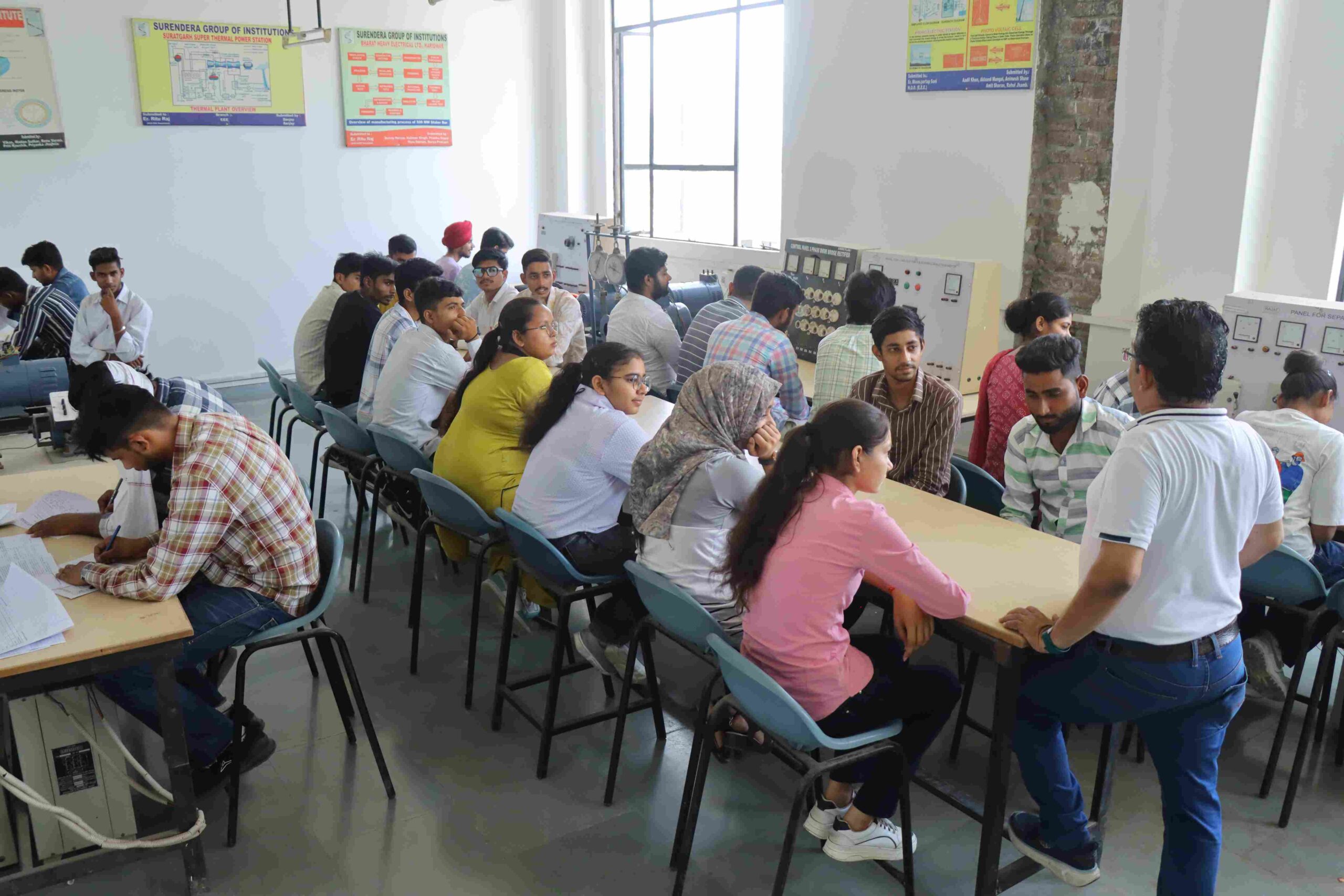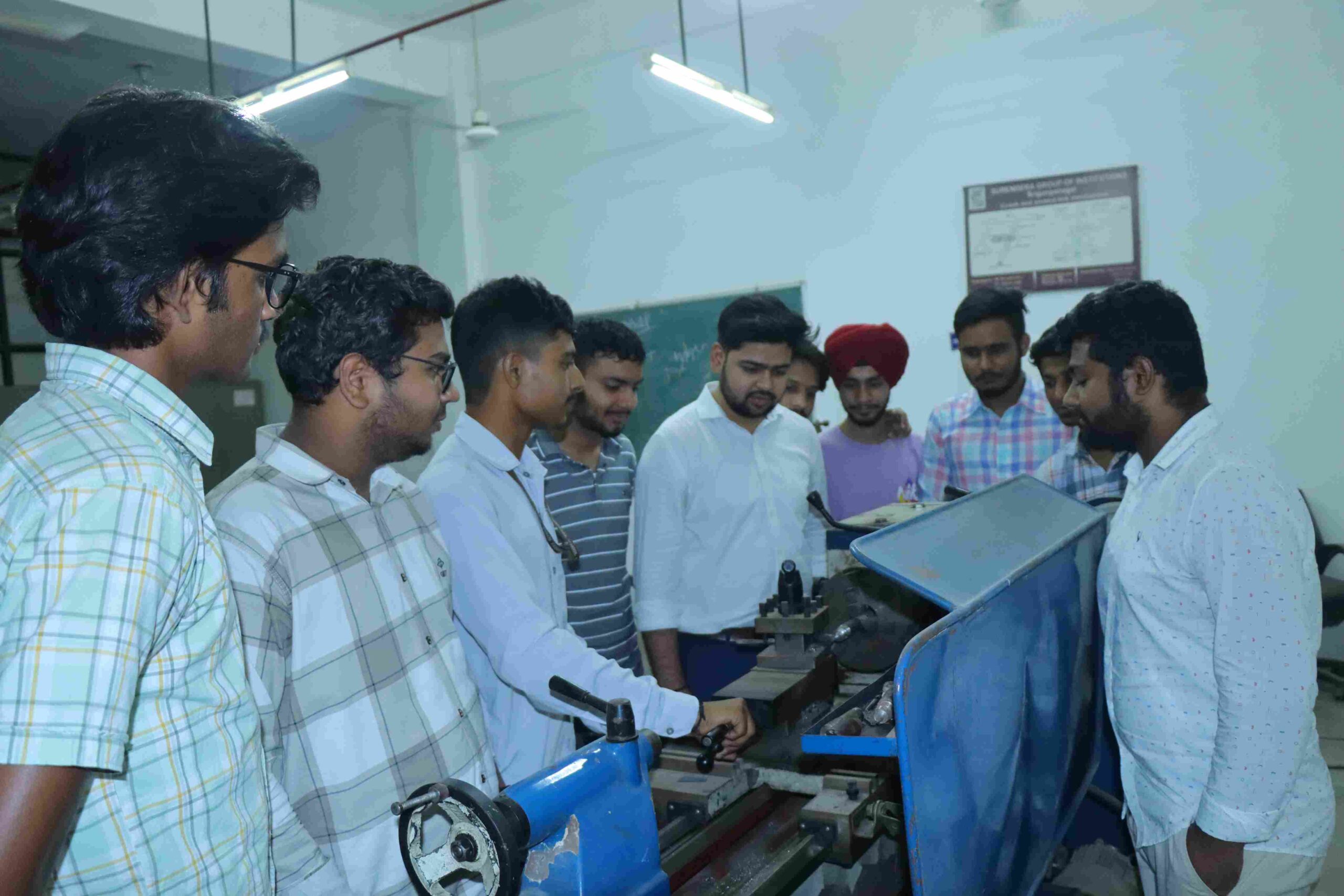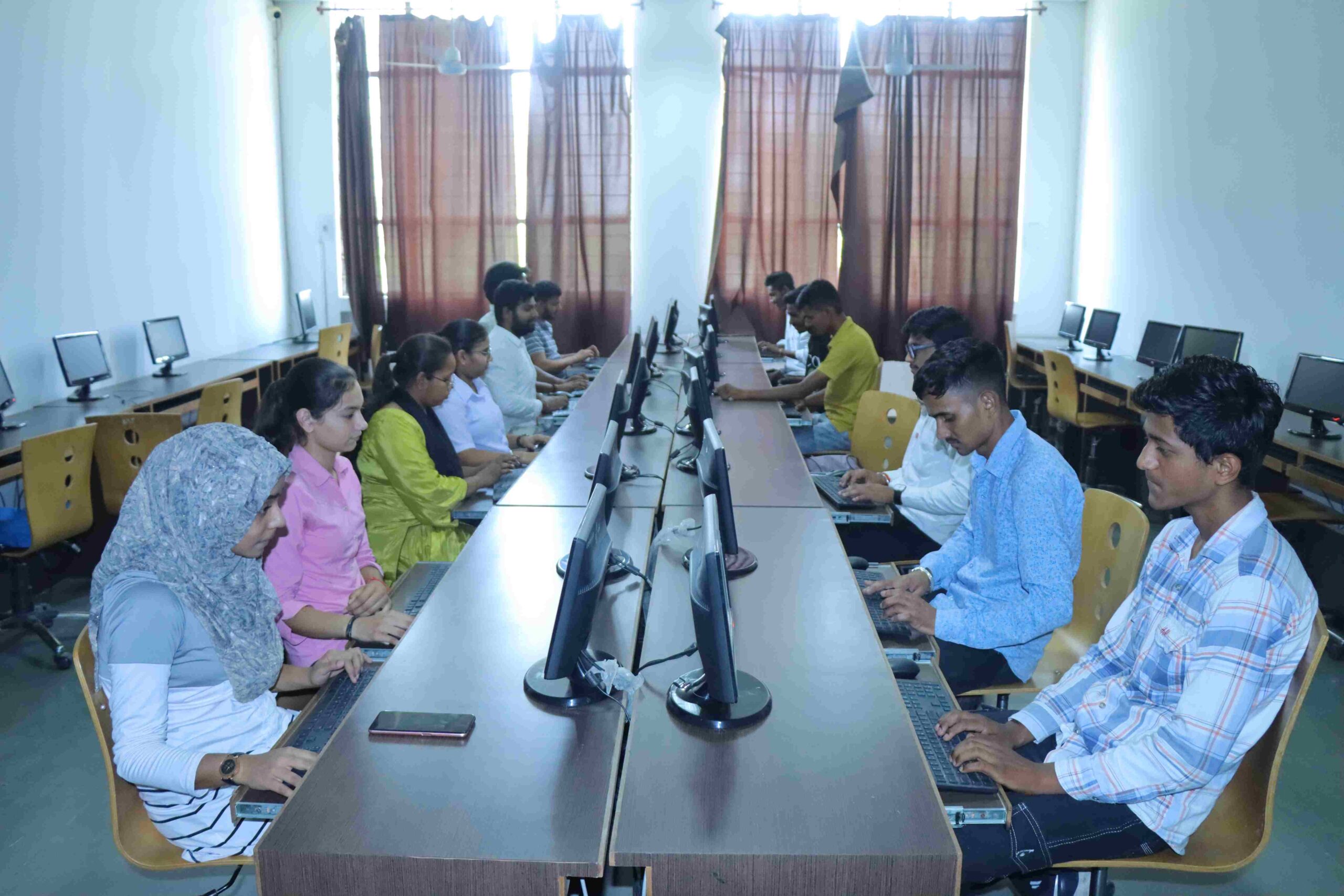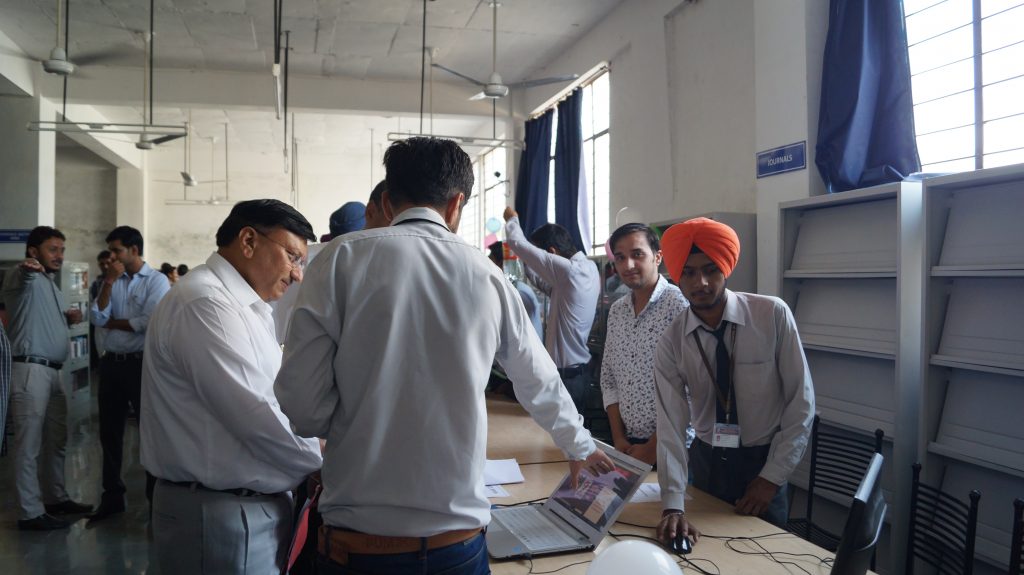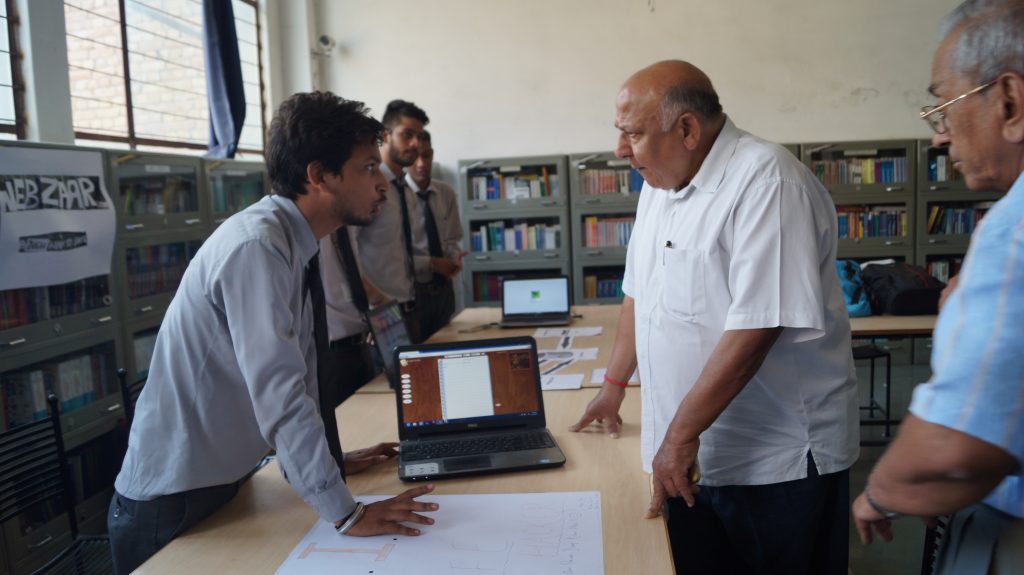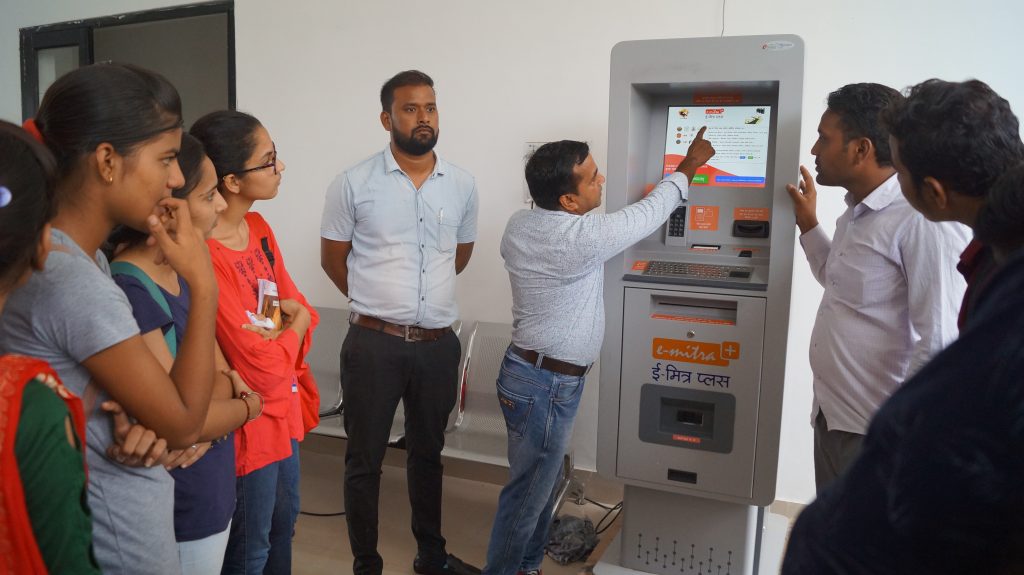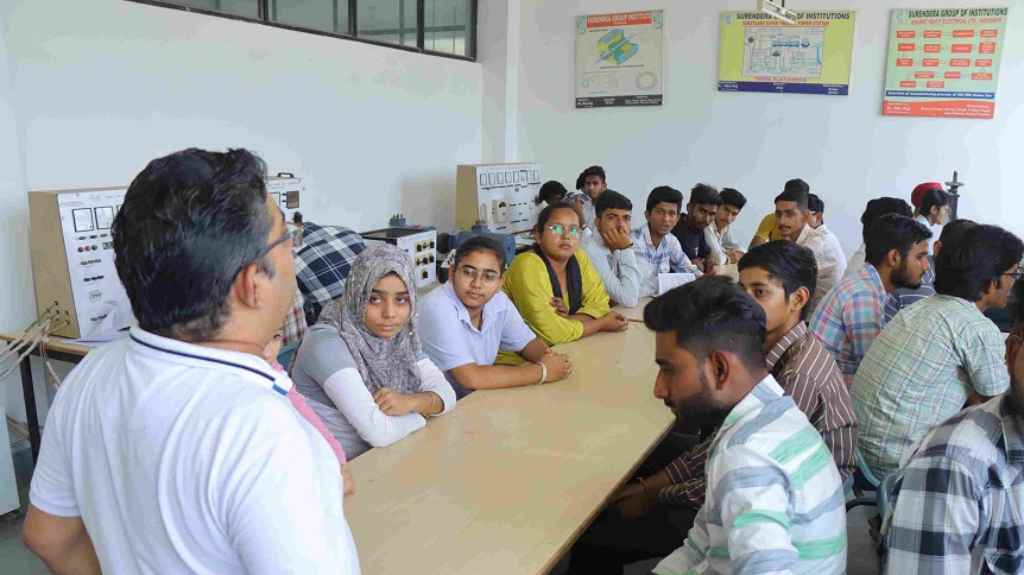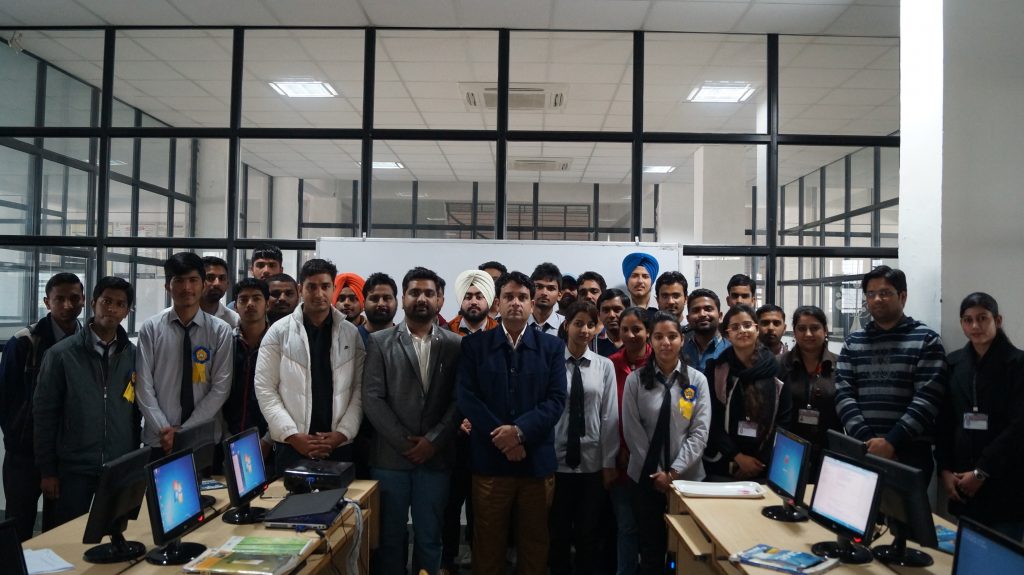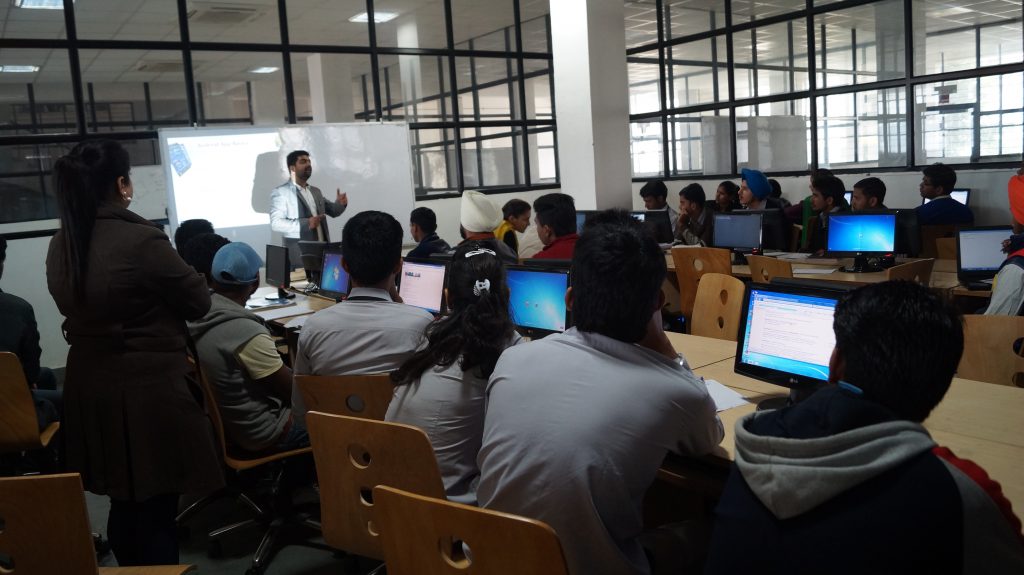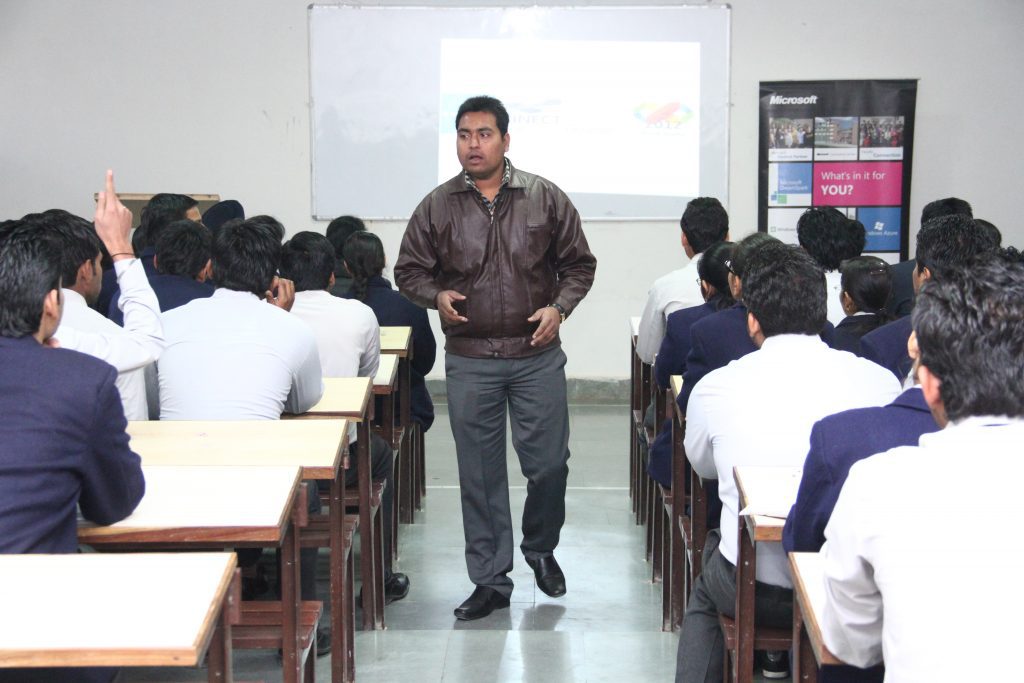Artificial Intelligence (AI) and Machine Learning (ML) are at the forefront of technological innovation, transforming industries and redefining the way we interact with the world. The B.Tech in AI & ML program is meticulously designed to equip students with a robust foundation in computer science, mathematics, and engineering principles, while delving deep into specialized areas such as machine learning, deep learning, natural language processing, and robotics.
Machine Learning Engineer
Designs algorithms that allow computers to learn from and make decisions based on data.
Skills: Python, TensorFlow, Scikit-learn, data preprocessing.
Data Scientist
Analyzes complex data to discover patterns and insights that guide business decisions.
Skills: Statistics, Python/R, data visualization, machine learning.
AI Research Scientist
Works on cutting-edge AI problems in deep learning, reinforcement learning, and neural networks.
Typically involves advanced research in academia or industry labs.
Big Data Engineer
Builds systems to process and manage large volumes of data for real-time analysis.
Tools: Hadoop, Spark, Kafka, NoSQL databases.
Business Intelligence Developer
Develops strategies and tools to interpret data, helping organizations make strategic decisions.
Tools: Power BI, Tableau, SQL, data modeling.
Computer Vision Engineer
Develops systems that interpret visual information from the world using AI (e.g., facial recognition, autonomous driving).
Libraries: OpenCV, YOLO, TensorFlow.
Natural Language Processing (NLP) Engineer
Focuses on enabling machines to understand, interpret, and generate human language.
Applications: chatbots, sentiment analysis, speech recognition.
Robotics Engineer (AI-driven)
Integrates AI in robotic systems for automation in industries like manufacturing, healthcare, and defense.
AI Product Manager
Bridges the gap between technical AI teams and business goals, managing AI-powered product development.
AI Consultant
Advises companies on how to implement AI solutions tailored to their specific industry and use case.
Autonomous Vehicle Engineer
Specializes in creating intelligent systems for self-driving cars using AI and sensor fusion technologies.
Ethical AI Specialist
Ensures AI systems are fair, transparent, and aligned with ethical principles and compliance standards.
Department Highlights
Laboratories
The Computer Science & Engineering department comprises of following labs:-
- Linux and Shell Programming
- Object Oriented Programming
- Data Structures Lab
- C++ Programming
- Unix Shell Programming
- Computer Aided Software Engineering Lab
- System Design in UML Lab.
- Operating Systems Simulation Lab
- Java Programming Lab
- Design and Analysis of Algorithms Lab
- Web Development Lab
- Compiler Design Lab
Projects / Survey Camps
Project-based learning (PBL) is a student-centered pedagogy that involves a dynamic classroom approach in which it is believed that students acquire a deeper knowledge through active exploration of real-world challenges and problems. Students learn about a subject by working for an extended period of time to investigate and respond to a complex question, challenge, or problem. It is a style of active learning and inquiry-based learning. PBL integrates knowing and doing. Students learn knowledge and elements of the core curriculum, but also apply what they know to solve authentic problems and produce results that matter.
Seminars / Workshops / Industrial Visits / Guest Lectures / Conferences
A Graduate degree program is demanding hence arises a dire need to conduct extra activities apart from lectures, tutorials, and laboratories. Activities like Seminars / Workshops / Industrial Visits / Guest Lectures / Conferences etc. help the students to –
- Encourage Dialogue
- Receive a Fresh Perspective
- Develop New Ideas
- Improve Skills
- Create a Network for Career

